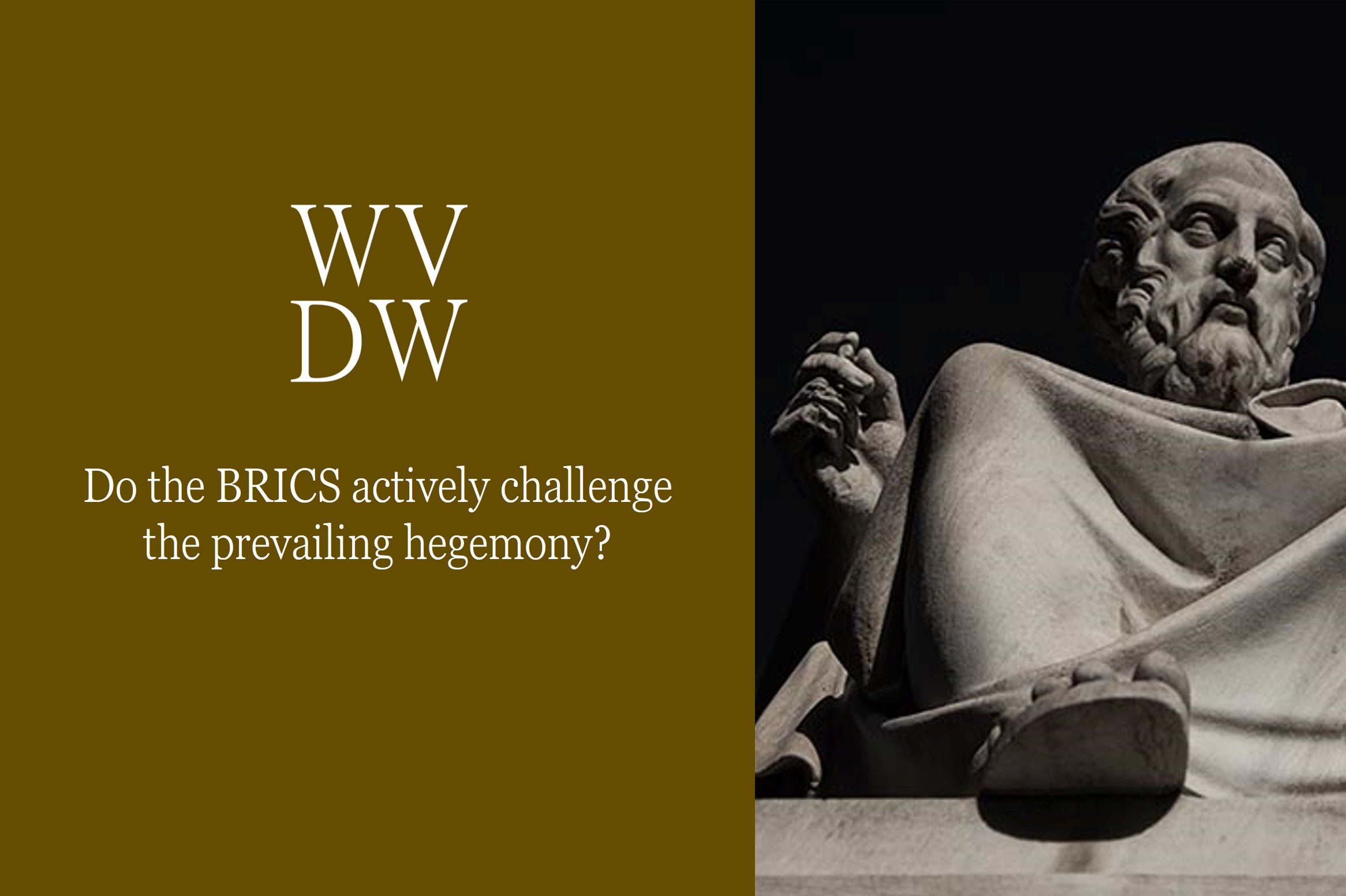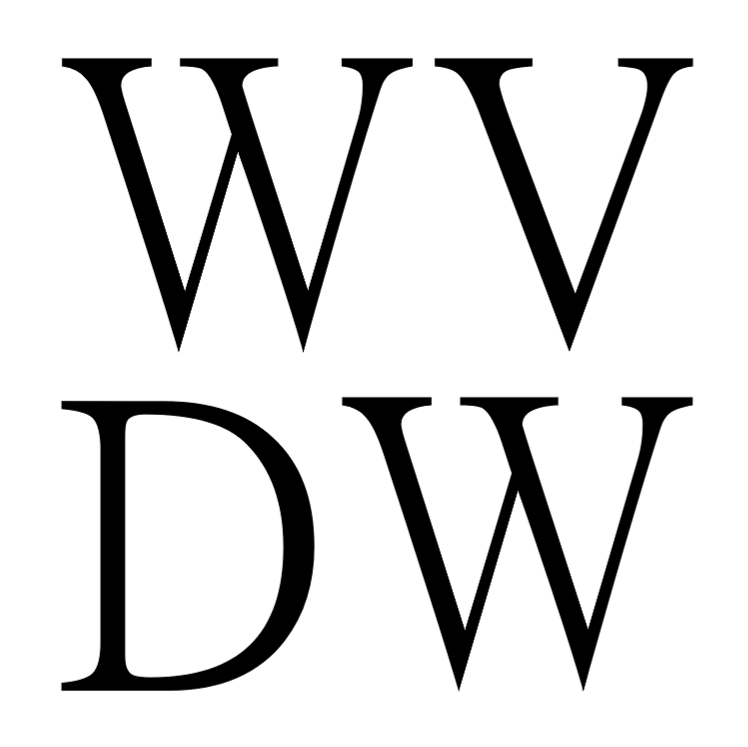Are we facing a Contradictio in Terminis when we consider the BRICS opposing the UN and WEF? Do we truly comprehend the breadth of the BRICS alliance and the intentions of its member nations? Have we delved deep enough into their alliances, particularly exploring the significance of the New Development Bank (NDB) and its initiatives? Are the BRICS actively challenging the prevailing hegemony, or are they merely another facet of the same narrative? These questions compel us to delve deeper into the complexities of global alliances and power dynamics.

The BRICS collective has drawn scrutiny from those familiar with Agenda 2030, a United Nations (UN) initiative facilitated by the World Economic Forum (WEF). Recent reports and statements indicate that the alliance is reshaping global power dynamics. This prompts the question: Are the recently expanded BRICS an emerging counter-Western order and a significant obstacle to the Western globalist agenda?
The BRICS is an intergovernmental organization originally founded by Brazil, Russia, India, China, and South Africa, and recently expanded to include Egypt, Ethiopia, Iran, and the United Arab Emirates. It is a powerful alliance of oil-producing countries representing over 40 percent of the world’s population and, as of 2023, 32 percent of the world’s GDP.
Opinions on the BRICS’ potential and strength vary, with some contending that they constitute a barrier to US hegemony and provide a counterbalance in global affairs. This prompts the question: Do the BRICS pose a significant obstacle to the globalist agenda?
It is evident now that the UN and WEF advocate a controlled global society reminiscent of China’s surveillance and score-based model. This trend has been apparent during the COVID era with measures like lockdowns, quarantines, injections, tracking technology for surveillance, censorship, and media-driven narratives.
We are witnessing preparations for a technologically governed world, with the goal of dissolving nation-states and establishing a singular global government and citizenship. From my perspective, COVID served as a trial for this agenda, as outlined in what I refer to as their UN SDG bible.
The BRICS aim to foster stronger economic ties and promote trade among member nations. With recent additions such as Egypt, Ethiopia, Iran, Saudi Arabia, and the United Arab Emirates in 2023, the alliance is now solidifying its geopolitical significance.
As stated by BRICS Chairman President Vladimir Putin, the BRICS collective rejects being relegated to a secondary position vis-a-vis other nations. It is committed to multipolarity, advocating for a multipolar world order.
From that perspective, the BRICS could be viewed as a potential challenger to the UN/WEF’s totalitarian worldview, representing a departure from the UN’s perspective and serving as a competitive force against the collective West. But is this assessment accurate?
For instance, if the BRICS alliance, in its current configuration, were to stipulate that each member could use its national currency for trading oil, it would diminish the role of the dollar in the global economy. This absence of a clear replacement for the dollar as a global reserve currency would lead to an increased importance of various currencies.
Such a scenario is indeed quite appealing to me. I welcome any force capable of halting the progress of the SDGs Agenda 2030. I recognize the advantages of a more balanced, multipolar world where nations retain greater sovereignty and autonomy in governance.
However, there are also some concerns. Let me highlight the financial dynamics within the UN/WEF alliance; money plays an undeniably pivotal role. Financial interests lie at the core, involving entities such as the World Bank, IMF, or any affiliated financial institution.
Similarly, UN/WEF and allied entities operate akin to cartels, driven by an insatiable thirst for more wealth and power, all while promoting their self-sustaining expansion under their SDG ideology.
Likewise, the BRICS alliance relies on financial resources primarily drawn from their New Development (ND) Bank, established by its founding members. Each founding state contributed a collective sum towards its establishment.
It is worth mentioning that until the current ND Bank top management, all have been directly or indirectly affiliated with the World Bank, various banks, alliances, and entities associated with the World Economic Forum (WEF). The current ND Bank president, Dilma Rousseff, is even connected with political and governmental organizations that espouse socialist and Marxist ideologies.
What is the connection here?
The ties between the BRICS central ND Bank and UN/WEF raise questions about the BRICS’ stance as a counterforce. The close association of ND Bank executives and management with these organizations indicates active support for the UN’s Sustainable Development Goals (SDGs) and funding aligned businesses. The ND Bank’s use of similar symbolism, such as windmills and green colors, along with its rhetoric on sustainability and plans for smart cities, underscores this alignment.
Ironically, several BRICS member states are major oil producers, which adds complexity to their environmental commitments. Furthermore, Putin’s declaration of 2024 as the “Year of the Family” in Russia extends the narrative of Russia as a bastion of traditional values against perceived Western “woke” ideologies.
While the BRICS chairman advocates for a multipolar world, the alignment of the BRICS with UN and Western initiatives prompts reflection. Should we differentiate between the BRICS countries and their ND Bank, considering the potential alignment of their ideologies?
The BRICS alliance, comprised of major oil-rich nations, has solidified its global presence, surpassing the collective power of the G7. Despite receiving 23 applications, BRICS admitted only five new members on January 1, 2024. Notably, among the applicant countries are Bangladesh, Belarus, Cuba, Indonesia, Kazakhstan, Palestine, Thailand, and Vietnam, awaiting invitations, thus forming a formidable counterforce to the collective Western order.
In terms of challenging US dollar hegemony, the BRICS New Development Bank (NDB) offers an avenue to reduce reliance on institutions like the World Bank and the International Monetary Fund (IMF). Open to all United Nations (UN) members, the Shanghai-based NDB directs its capital towards projects in the world’s least developed economies, fostering regional and global growth.
While not replacing the roles of the World Bank and the IMF, the NDB provides an additional well-funded development bank aimed at supporting developing countries and diversifying away from Washington-based financial institutions and the US dollar.
The emergence of the BRICS and their New Development Bank signals a shift towards greater balance and a reduced dependence on the US dollar, challenging its hegemony.
However, it’s essential to recognize that while the NDB supports the progress of the SDGs Agenda 2030, it also underscores the need to embrace the advantages of a more balanced, multipolar world. This transition marks the impending end of the Western world order view, prompting reflection on its implications, whether advantageous or not.

